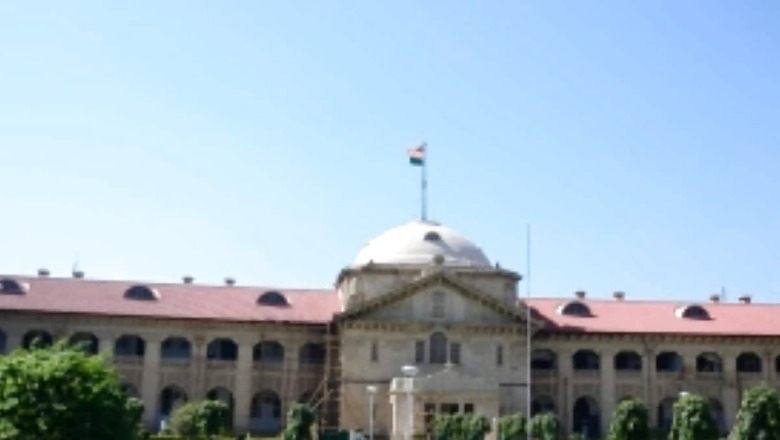
views
The Allahabad High Court recently took suo motu cognisance of a newspaper report revealing that the skeletal remains of an unidentified woman have been held in a morgue in Etawah, Uttar Pradesh, for three years. The court has issued directions to the state, seeking a comprehensive report on this matter.
A bench, consisting of Chief Justice Pritinker Diwaker and Justice Ajay Bhanot, observed: “Prima facie, the right to have mortal remains consigned to elements of nature by the conduct of respectful last rites as per applicable customs also inhere in Article 21 of the Constitution of India.”
Furthermore, the court acknowledged that, despite a family’s claim that the remains belonged to their missing daughter, the newspaper report had raised doubts about the identity of the deceased.
Consequently, the court instructed the police and state authorities to provide information on the following issues:
i. The time period in which the last rites of a body in a morgue are conducted as per practice and the cause for delay in this case.
ii. Whether any rules hold the field that obliges the state authorities to perform the last rites of a body in a morgue within a stipulated period.
iii. The details of the investigations and the timeline of events from the preservation of the body in the morgue till date shall be adverted to in the instructions.
iv. The case diary and the status of the investigations shall also be revealed in the instructions. This will include the date on which the samples were extracted and sent to the Hyderabad-based Forensic Science Laboratory for DNA profiling and the date of the DNA report.
Reference was made to the judgment by Justice Bhanot in the case of Sumpurnanand v. State Of U.P. and 2 Others, where it was emphasized that: “The silence of the dead does not stifle their voice, nor does it extinguish their rights. The dead have their rights, no less tangible than the living. The law asserts their rights, Courts exalt their rights. The right to reputation is one such right.”
Moreover, the court highlighted that the right to reputation, as per Article 21, extends to deceased individuals as well.
In view of the same, the court appointed Advocate Nitin Sharma, the Secretary of the High Court Bar Association at the Allahabad High Court, as the Amicus Curiae in this case.
















Comments
0 comment